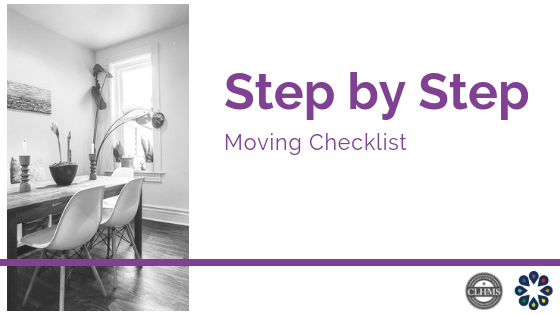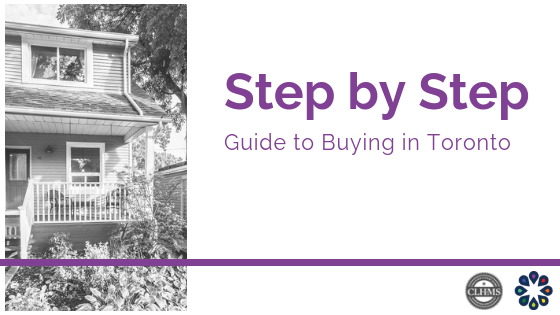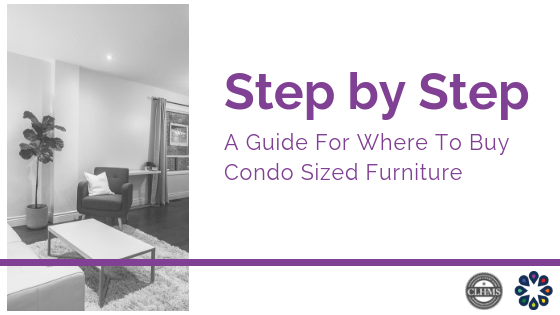Owning a home with a second and separately contained rental unit can have tremendous benefits for the average property owner. Not only do rental units have positive effects on a home’s value, but the income generated from a rental suite can also help to significantly improve affordability for homeowners. Mortgage expenses can be offset through the extra income, and who doesn’t love an increase to their monthly cash flow? While there may be plenty of advantages to owning an income property in Toronto, it’s important to note the rules and responsibilities involved with operating a second unit within your home.

Whether a rental unit is ‘legal’ depends entirely on building and fire code issues, plus any municipal zoning bylaws that are in place in the particular community. Regulations surrounding the legality of a rental or income property vary amongst municipalities, with significant differences between even neighbouring towns and cities. As an example, the town of Bolton advocates basement apartments, whereas in the city of Brampton, just a short commute away, any basement apartments built after November 16, 1995 are completely illegal.
When planning on purchasing a home with an existing basement apartment, buyers should always do their homework and work with a professional lawyer who can verify the legality of the unit. Alternately, if you are buying a home with intentions of creating a second suite in the future, be sure to check your municipality’s requirements, take out a building permit, and do everything by the book. Inspections will need to be completed of both the rental unit, and the primary residence. Only once the unit is issued an occupancy permit can it be leased to the public.
Once the unit is complete and ready to be rented, it’s also important that homeowners (now landlords) continue to meet legal requirements placed upon them. Not only is there the Landlord Tenant Act that needs to be adhered to, but personal and financial legalities as well. For example, rent a homeowner collects from a second suite must be declared as income. That being said, landlords can still deduct direct expenses and depreciation, offsetting the overall income generated for the suite. Also, while most income properties do not increase a home’s value enough to affect property taxes, every property is different. All financial, legal, and personal accountabilities need to be considered ahead of time.
As a Realtor, I have a duty to disclose all material facts about a property to my clients when representing them. Helping clients determine if a home with a rental unit is right for them, and understanding the obstacles and rewards that can come along with it, is all part of what I do. Get in touch with me if you’d like to chat more about this awesome trend, and be sure to check back on my blog for more information that will be coming soon!
Cheers!
– Trish Mutch


